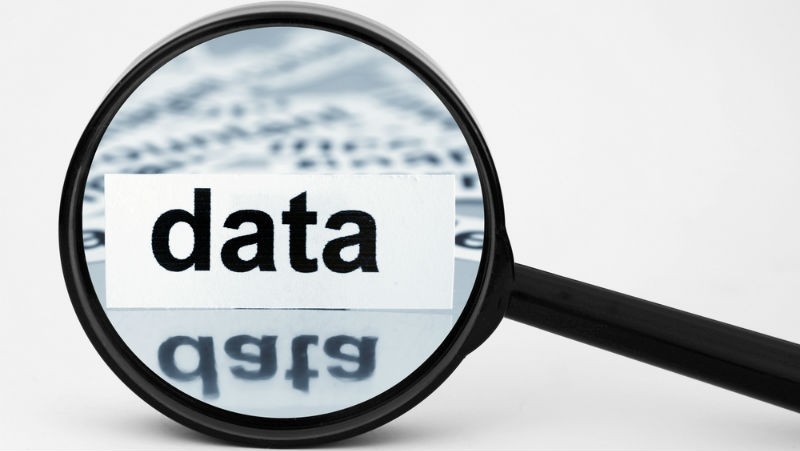Why rely on others to protect our data, when we can start to do it ourselves?
Your personal data has never been more valuable online

Sign up for breaking news, reviews, opinion, top tech deals, and more.
You are now subscribed
Your newsletter sign-up was successful
Today, our digital lives are just as important as real life. The personal data you store in your online accounts and the footprint you leave behind via search and browsing history is attached to your identity, and it’s yours to protect.
When it comes to our digital lives, last year was an extraordinary one - not only in the sheer quantity and scale of hacks and data breaches, but also in the magnitude of trust lost between the internet and the world that relies on it. In just a few months, the three biggest internet companies, Facebook, Google, and Amazon, all announced they had been hacked.
Arguably, our data and information is increasingly less secure, online transactions are far from seamless, and the legitimacy of news is something we now question. Instead of being a tool that empowers good - inspiring more human connections, knowledge sharing, and big ideas - the internet has in some cases become a source of frustration and sometimes fear.
- Evolving perception of personal data in 2019
- Education is key in keeping data safe
- Why cybersecurity alone is not enough to protect private data
So how do we help consumers protect themselves against these problems?
The internet doesn't belong to anyone, it belongs to everyone. And this creates a unique challenge when it comes to fixing its issues. Governments can have a positive impact on the situation with the implementation of regulation, such as GDPR. However, we also know the answer to building a better digital world is by empowering people, all of us.
We are using more and more online accounts in our everyday lives, and that number doubles every five years. Managing passwords for all these tools has become incredibly hard. Most of us react to this problem with indifference and tend to use the same password everywhere. We bury our heads in the sand and think that everything is fine; until we get hacked. You may not be able to control the security architecture of the digital services you use every day that hold so much of your data, but you can take measures to make sure you have optimal password hygiene to secure your accounts. This approach is the digital version of the "containment" doctrine.
First steps for security your digital identity
This National Consumer Protection Week, we can all take some simple, initial steps to secure our digital accounts.
First, have a unique password for every account. This ensures that even if one account is breached your other accounts will be secure. Some breaches aren't discovered or disclosed for years, as was the case with the Yahoo breach that happened two years ago. You never know when your information might be vulnerable. We’ve found that the average user has over 150 accounts, so it’s impossible to remember every password - password managers do this job for you.
Sign up to the TechRadar Pro newsletter to get all the top news, opinion, features and guidance your business needs to succeed!
Make sure all your passwords are strong. The ideal password is one that is a unique and random string of letters and numbers. Again, this is where password managers are critical as they can quickly generate strong and secure passwords for all your accounts.
Lastly, you should regularly change your passwords as breaches often go undetected for months, sometimes years, so you never know when your account might have been exposed. Using tools called password changers are critical for this process as they can instantly change your passwords for 100’s of top sites in a single click. This makes it extremely easy to ensure that your accounts are always being safeguarded against unknown threats.
We know the answer to building a better digital world is empowering people, all of us, to take back control of our own digital identities, allowing us to keep our personal data in our own hands and no one else's. Only then will we be able to live in a safe digital world, and once again use the internet for good, in the way that was intended.
Emmanuel Schalit, CEO of Dashlane
- We've also highlighted the best antivirus and best free password manager to help you protect your data online
